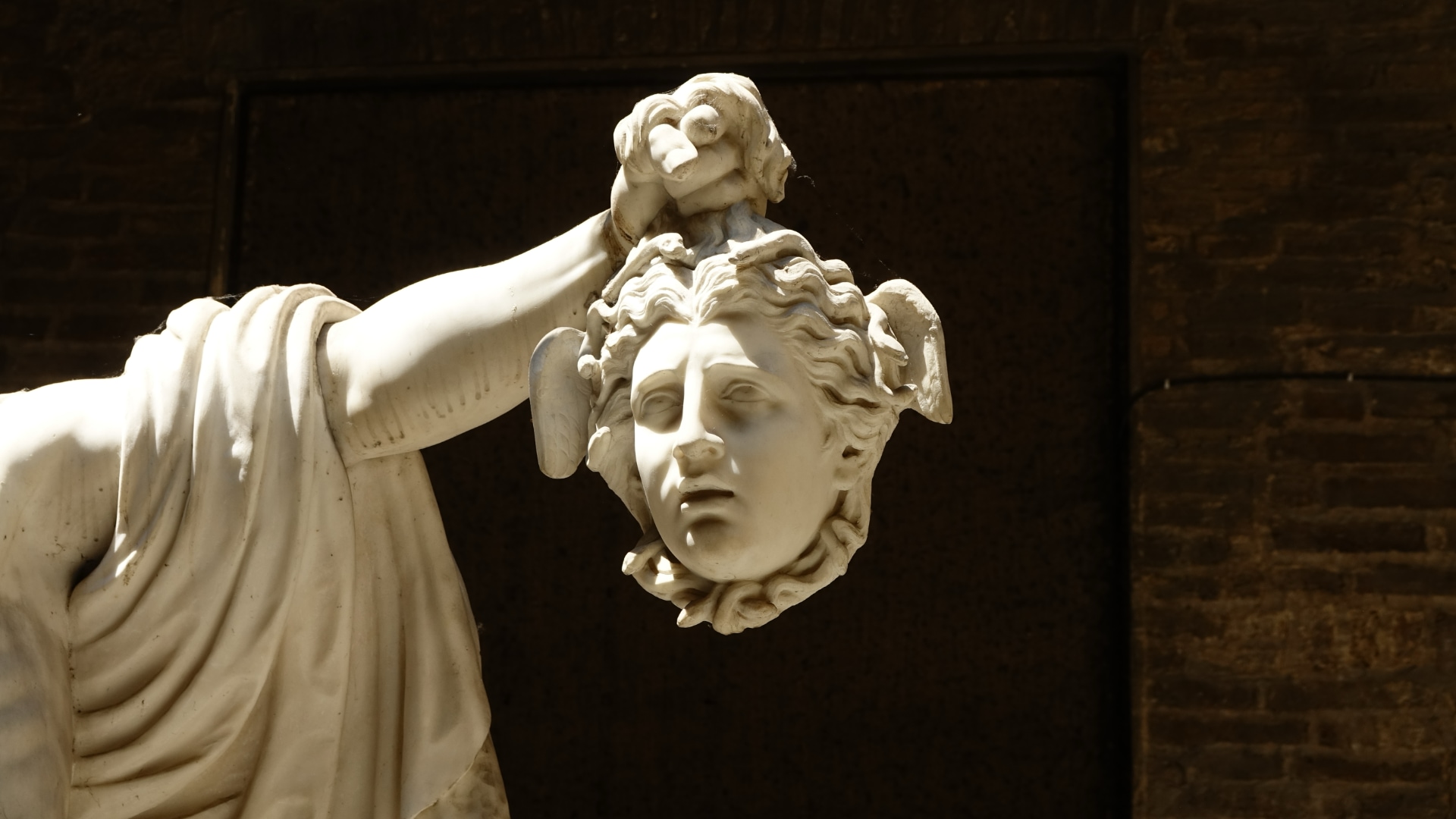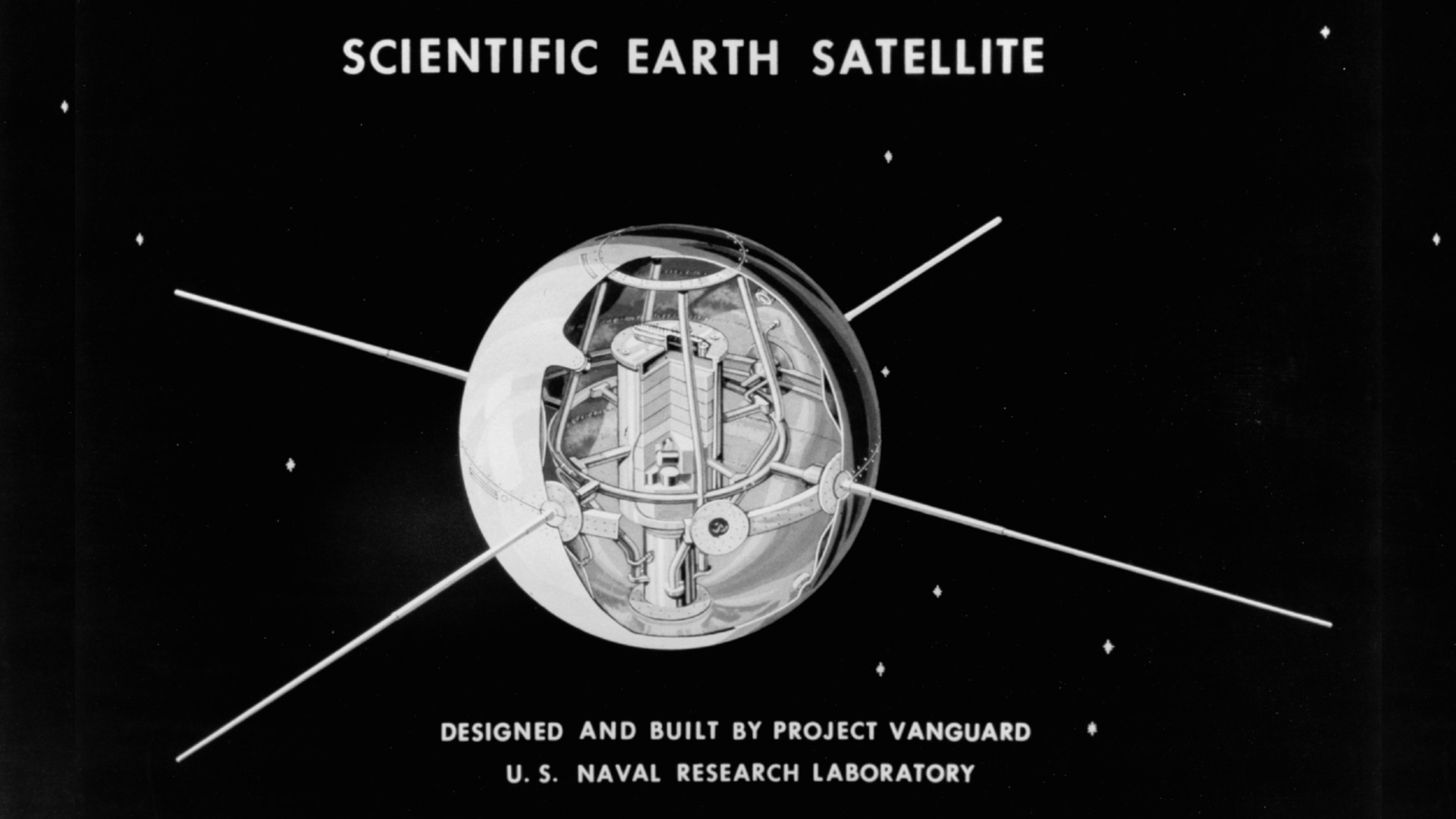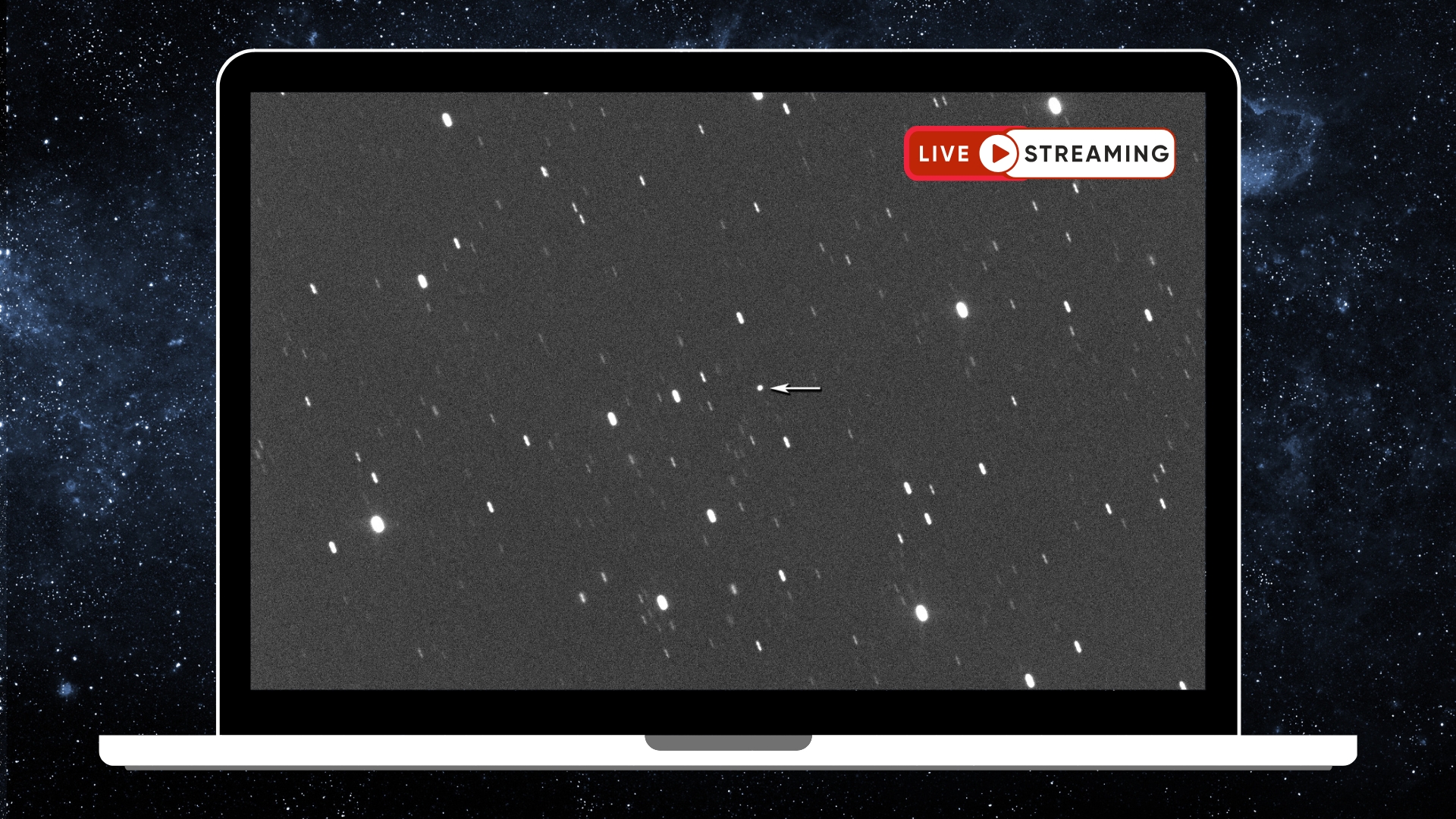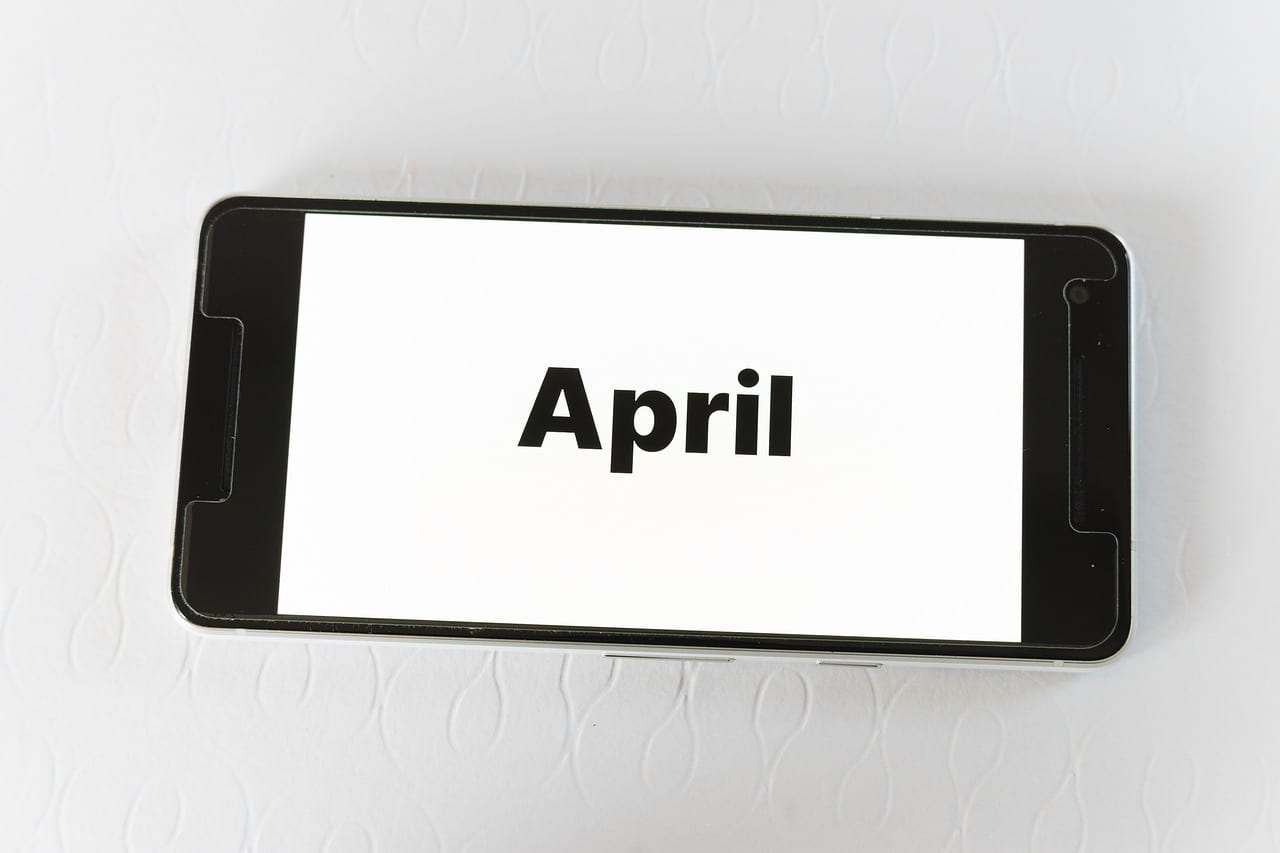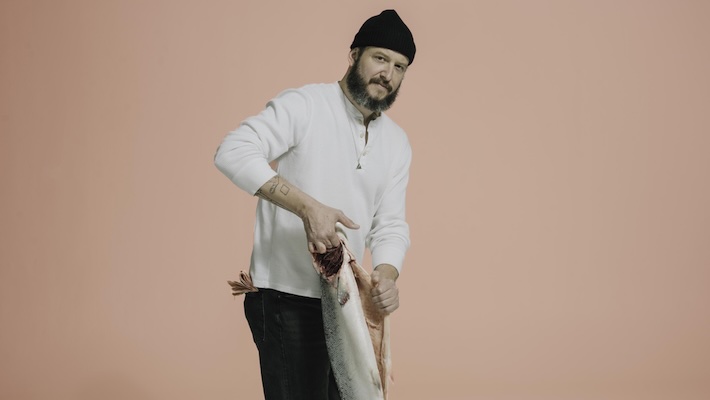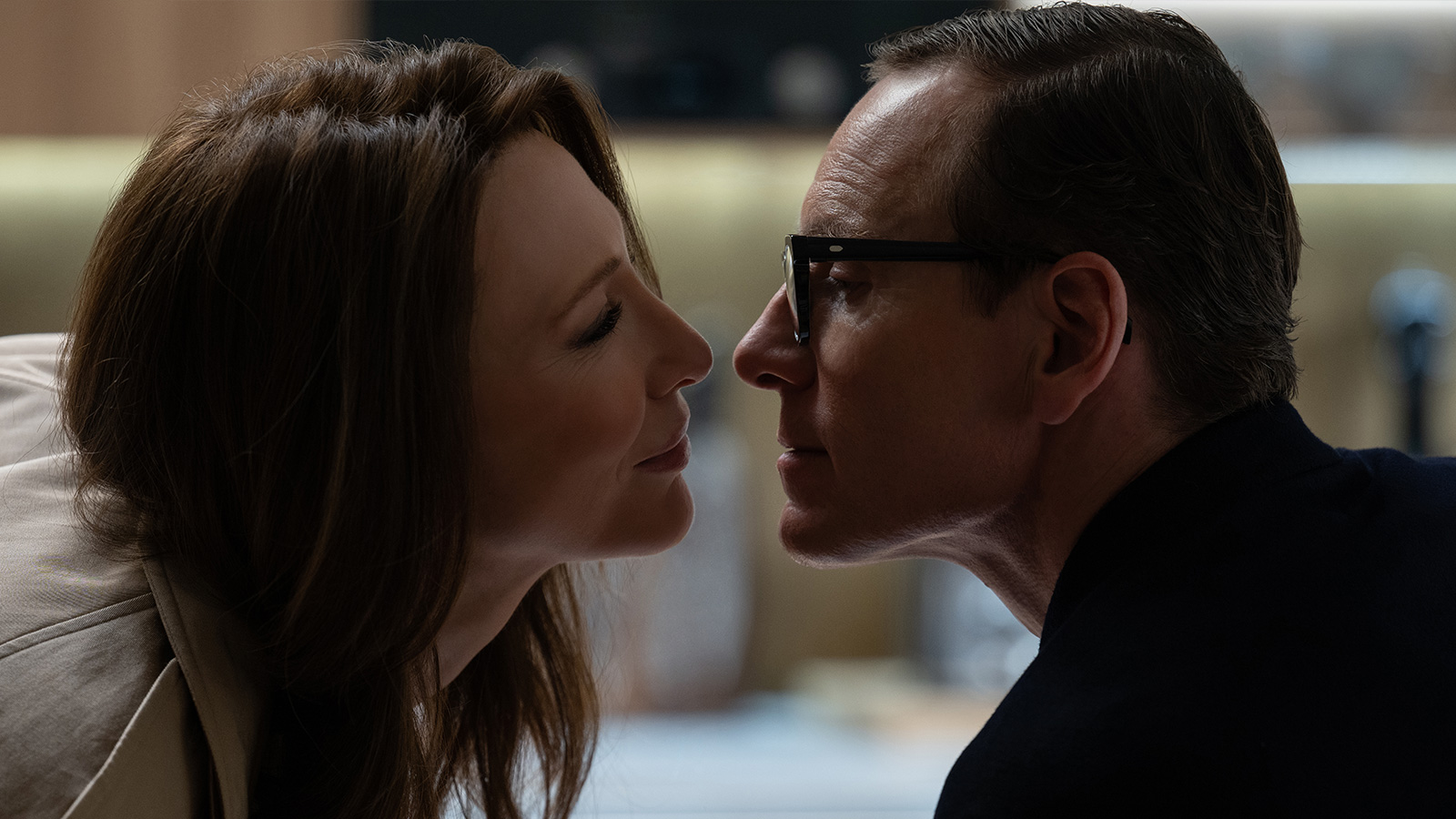Would Ukraine be better off without Trump’s America?
If Trump’s America is a hostile, ignorant and incompetent broker, does it make sense for Ukraine to take part in the ongoing charade known as ceasefire negotiations?

If Trump’s America is a hostile, ignorant and incompetent broker, does it make sense for Ukraine to take part in the ongoing charade known as ceasefire negotiations?
That’s the question Ukrainians are increasingly asking themselves — and with good reason.
Trump and his colleagues clearly favor Russia and happily parrot the Russian narrative about the war. Just as disturbing, the Americans don’t know the basic facts about Ukraine and Russia, even as they insist that they are infallible. And they’re clearly incapable of rising above what Boston University emeritus professor Walter Clemens, in a private communication, aptly called “amateur hour.”
How can the combination of untrammeled Putinophilia, arrogant ignorance and downright incompetence possibly serve Ukraine’s interests? (Or, for that matter, America’s or the world’s?)
Trump’s willingness to bend over backwards for Russia’s illegitimately elected President Vladimir Putin, and unwillingness to treat Ukraine’s legitimately elected President Volodymyr Zelensky as more than a pawn, has been amply documented. If people still have doubts, they should read Trump special envoy Steve Witkoff’s fawning remarks about Russia’s accused war criminal in his recent interview with Tucker Carlson.
Equally alarming is the manifest ignorance about Ukraine and Russia displayed by Trump, Witkoff and other administration insiders. Small wonder that they’ve swallowed the Kremlin’s propaganda hook, line and sinker. Since the U.S. policymakers know so little about the world, how could they possibly appreciate that they’re being crudely and visibly manipulated by their Russian puppet master?
But what really takes the cake is their insistence that they know everything and that their critics — many of whom are bona fide experts with highly respected track records — know absolutely nothing.
Sad to say, such arrogant ignorance has even spilled over into the groves of academia. A recent article by a University of Texas professor with no expertise in Ukrainian or Russian affairs begins with this astounding assertion: “I rarely agree with President Trump, but his latest controversial statements about Ukraine are mostly true. They seem preposterous only because western audiences have been fed a steady diet of disinformation about Ukraine for more than a decade.”
There you have it: Trump (who has probably never cracked open a book about Ukraine or Russia) is right, while two of the history craft’s most distinguished practitioners — the University of Toronto’s Timothy Snyder and Harvard University’s Serhii Plokhii — are disseminators of disinformation.
The Trump administration’s incompetence has recently assumed front stage in “Signalgate,” the scandal that revealed the breathtakingly cavalier attitude of its top policymakers toward possibly classified chats regarding missile strikes on Yemen’s Houthi rebels. Unsurprisingly, former Secretary of State Hillary Clinton has called their exercise of power “dumb.”
The upshot of these three factors is Washington’s latest version of a minerals deal that even one critic of Ukraine felt compelled to call an “imposed indentured servitude.” Notably, the White House has proposed no such blatantly colonialist deal to Russia.
A friend in Lviv told me that he never expected America to become Ukraine’s adversary. But there is a silver lining. Having trumpeted its hostility toward Ukraine, Trump’s America has simultaneously freed Ukrainians of their illusions regarding the U.S.
As the Ukrainian analyst Oleksandr Kovalenko has argued, it’s time for his country to consider asking whether it wouldn’t be better off without America.
Trump would likely cut off military and financial aid, but Kovalenko is confident that Ukraine’s military-industrial complex and Europe could fill the gap. Indeed, he writes, “This doesn’t mean that things will be easy for Ukraine without the USA — quite the contrary.” But neither will it be the “end of the world.”
Kovalenko concludes that, “In 2022, 2023 and 2024, I would never have said that Ukraine could confront Russia without the U.S., but now I believe that our country must defend its positions firmly and decisively, regardless of how the unpredictable and insulting Trump will react. We have the better cards, and not the U.S. and especially not Russia.”
Kovalenko is spot-on in insisting that Ukraine will soon be able to produce most of its critical weaponry and that Russia is losing. He may or may not be overly optimistic about Ukraine’s chances of going it alone, but his doubts about Trump are widely shared by policymakers and analysts throughout the world.
Turning away from Trump’s America is no one’s first preference, but policymakers in Ukraine and elsewhere may have no choice if they want to escape the toxicity of the Trump regime’s hostility, ignorance and incompetence. Ukraine would then be only one of many former allies divorcing the U.S. and — if Kovalenko is right — possibly even thriving as a result.
Alexander J. Motyl is a professor of political science at Rutgers University-Newark. A specialist on Ukraine, Russia and the USSR, and on nationalism, revolutions, empires and theory, he is the author of 10 books of nonfiction, as well as “Imperial Ends: The Decay, Collapse, and Revival of Empires” and “Why Empires Reemerge: Imperial Collapse and Imperial Revival in Comparative Perspective.”

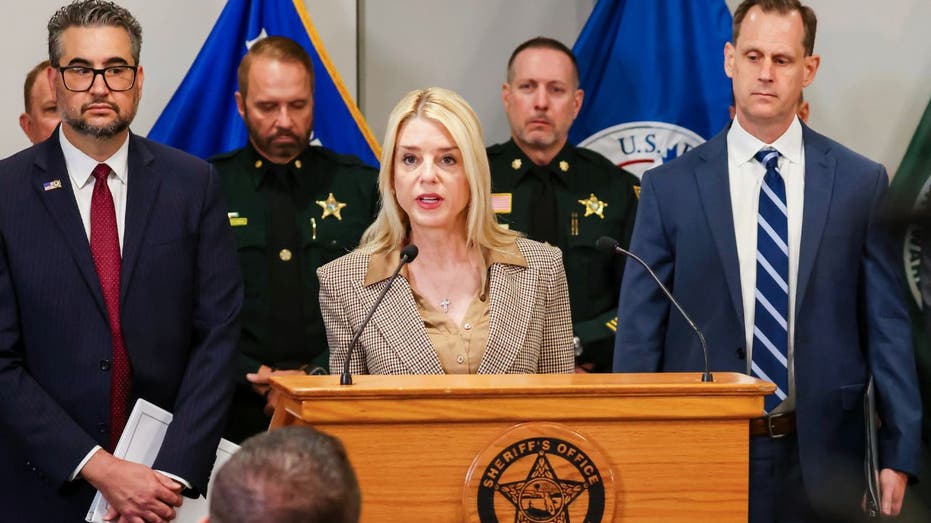
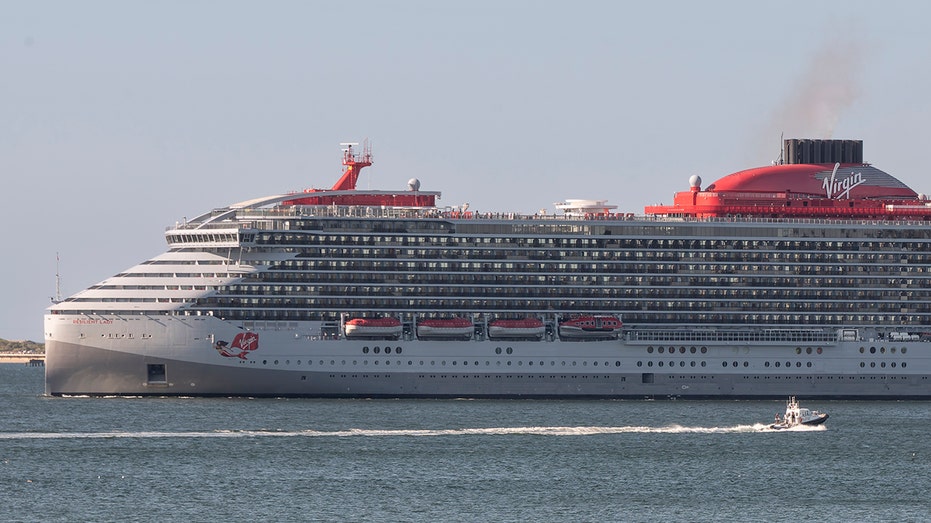



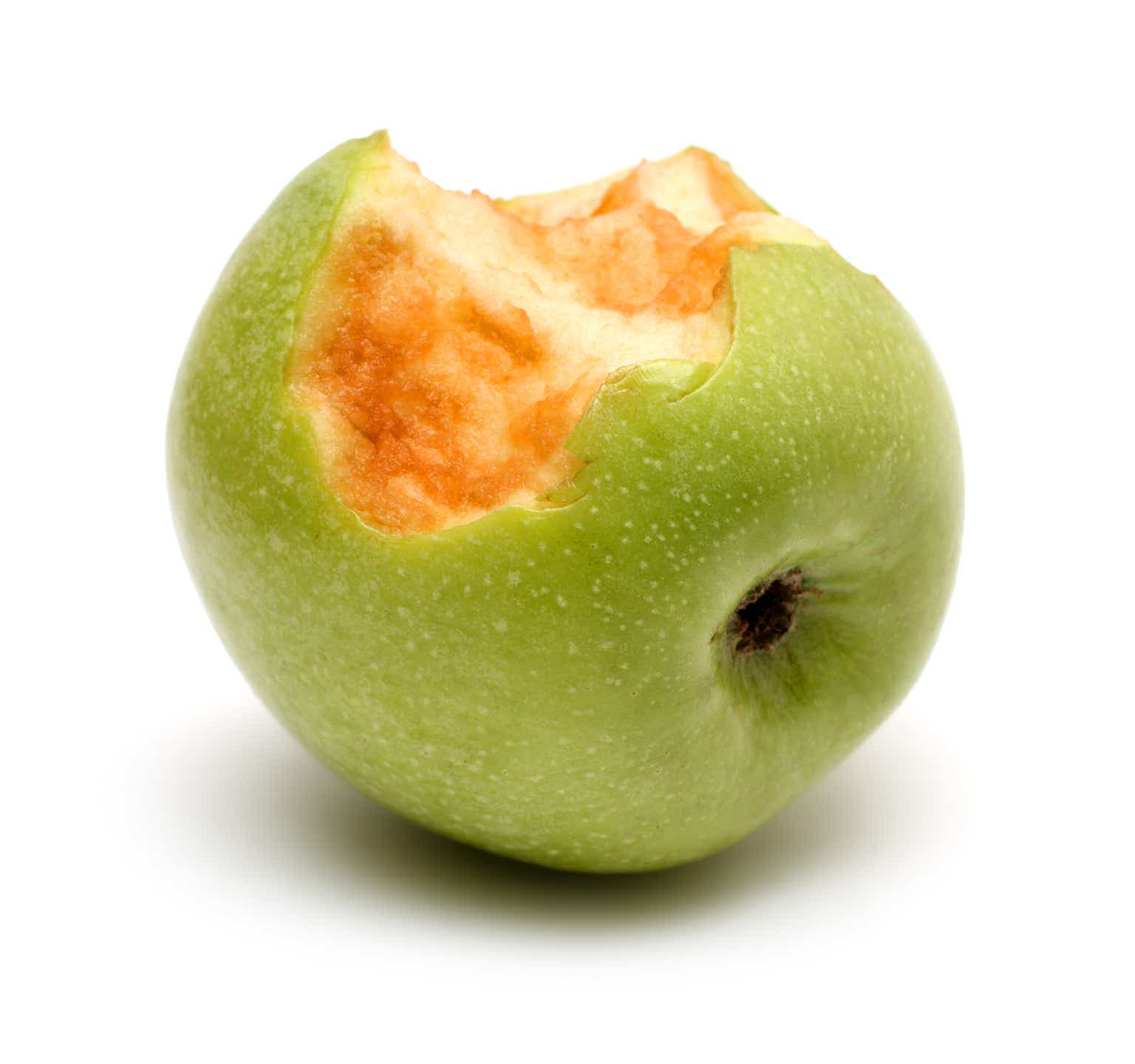







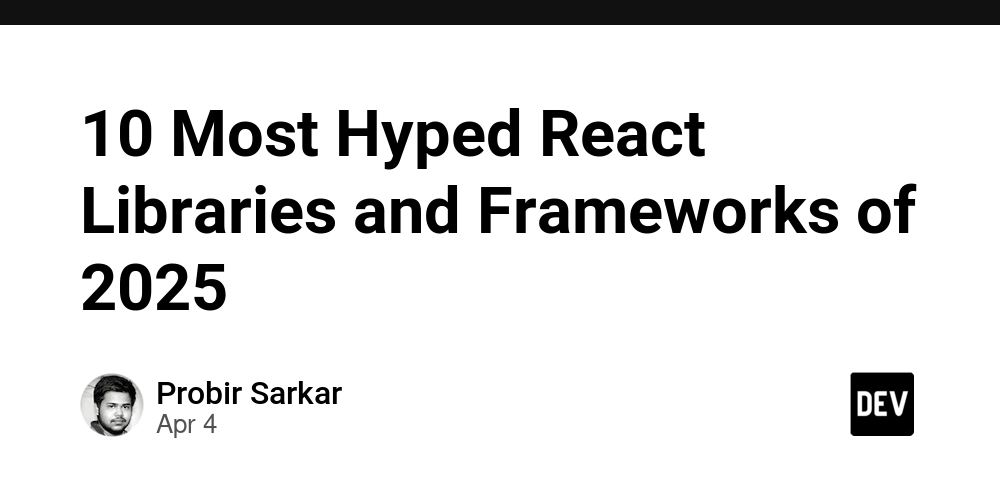



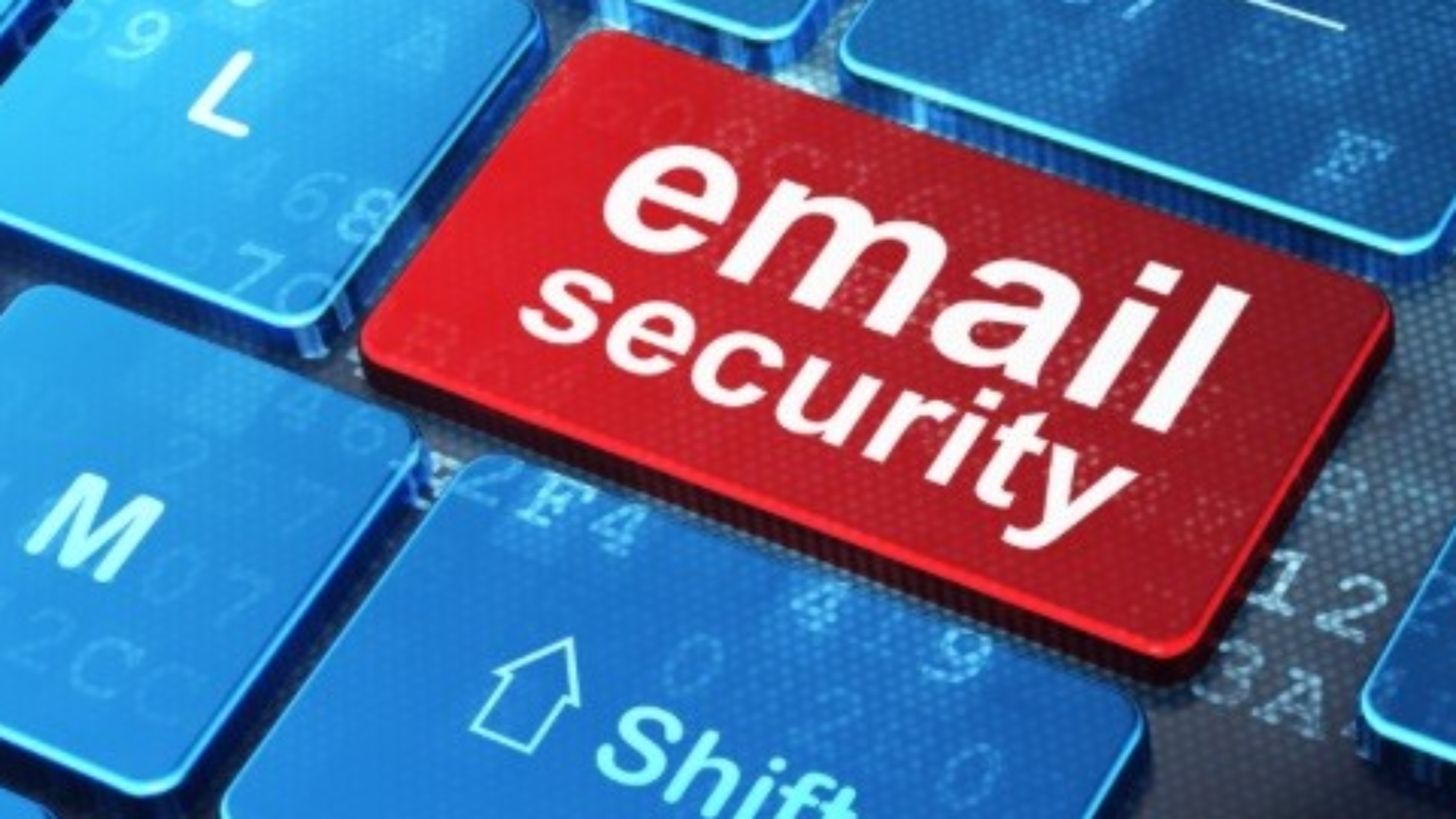
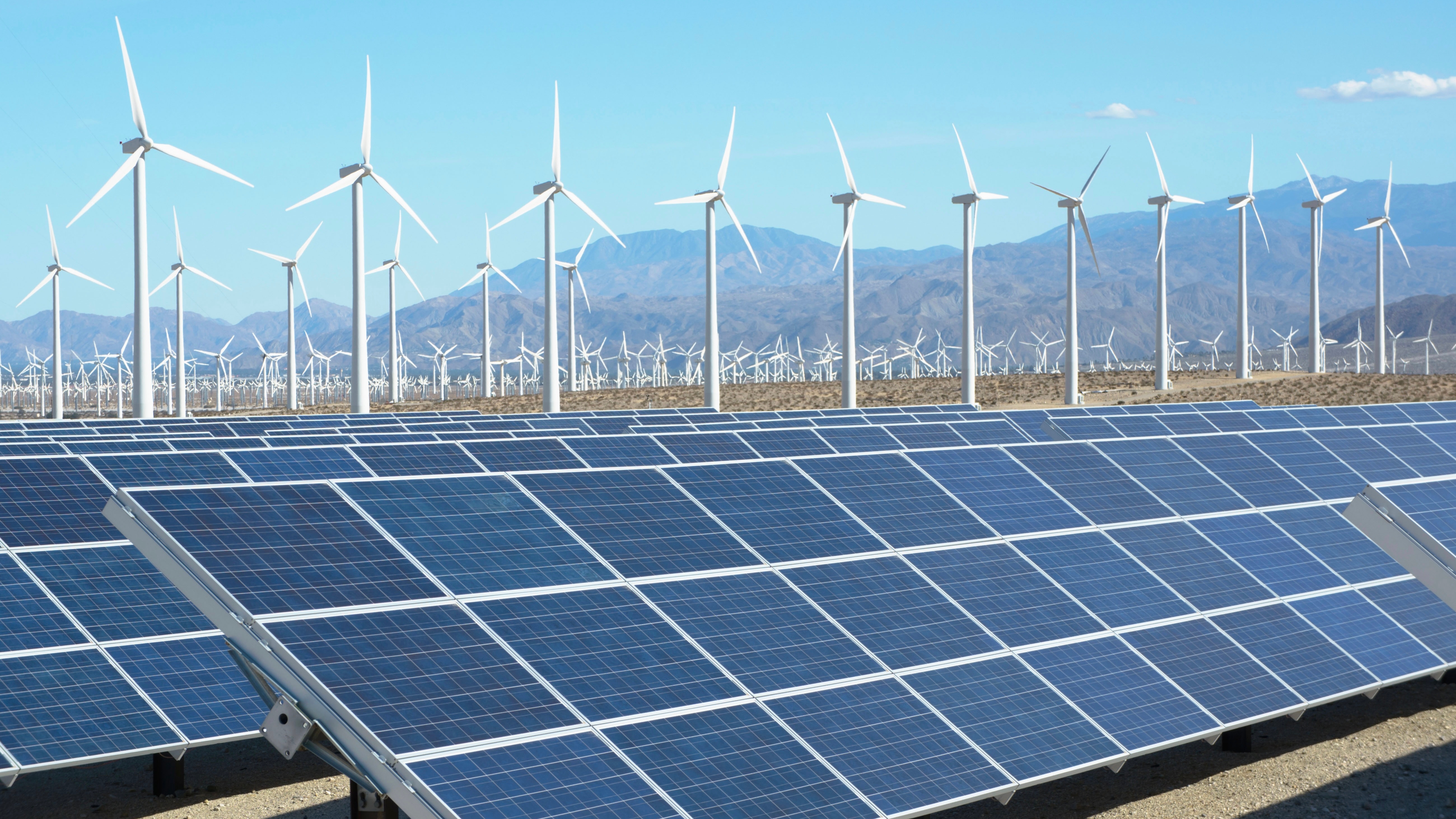
_Anna_Berkut_Alamy.jpg?#)
